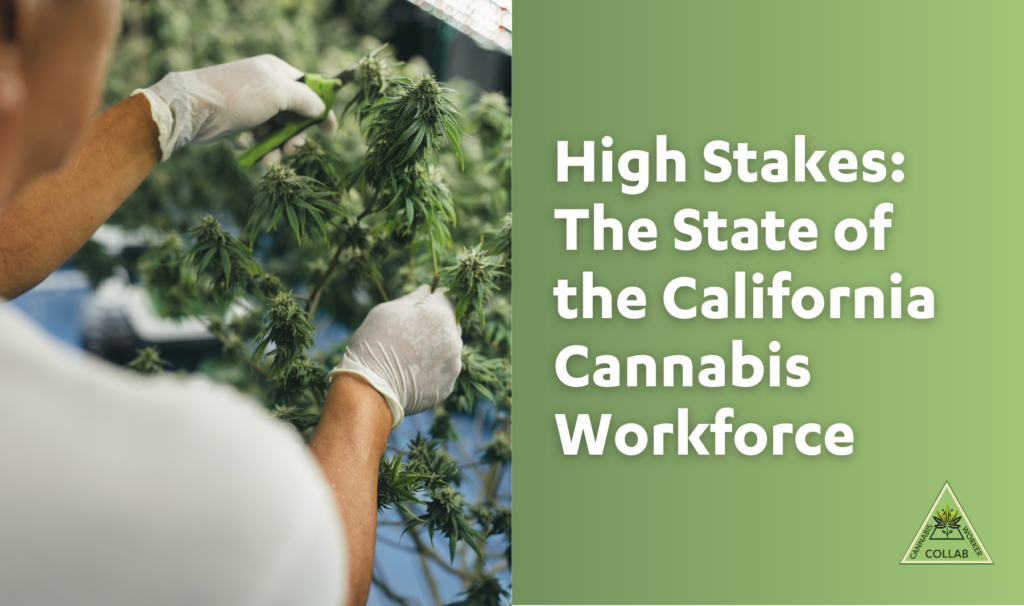
Seven years into the official launch of the adult-use market, cannabis is at a crossroads in California. Rapid cycles of booms and busts, rushes and slowdowns, and threats and opportunities have made for an industry that, despite many changes, still brings significant value to the state and stands as an expanding source of economic development. Often missing from the story of the industry’s shifts are workers, who in 2024 were estimated to number at least 78,618 in the legal market alone. Considering that this represents only a portion of the sector, cannabis jobs could easily reach into the hundreds of thousands. These workers’ labor persists even as prices fluctuate, and they bear the pressures to produce in ways that meet consumer needs, regulator and community expectations, and owner-operators’ visions and limits in funds. Workers hold the key to translating this wealth into local communities, via wages, benefits, training, and more, thereby multiplying the value of the industry.
The California Cannabis Worker Collab was initiated to address the gaps in data regarding the conditions, aspirations, and experiences of cannabis workers, recognizing that decisions affecting this community were often made without their input. We also know that workers can help ensure an industry that contributes to California on multiple fronts. Through a research justice model guided by our community advisory board of labor and equity groups throughout the state, we built a team of worker researchers who conducted more than 1,111 surveys, collected more than 50 in-depth interviews, brought the findings to stakeholders in seven in-depth data “seshes,” and created a wide-ranging Instagram presence that shared 25 live episodes on key issues facing workers and the industry.
“High Stakes: The State of the California Cannabis Workforce” shares important trends that confirm the potential of cannabis to contribute to California’s growth, well-being, and environmental change, as well as challenges that must be addressed head-on.
Among other findings, the report notes:
- 85% of cannabis workers expressed a need for stronger health and safety protections in the industry.
- 27% of women reported sexual harassment, which interviews suggest most often comes from bosses, managers, and customers.
- More than 62% of workers experience some form of wage theft, such as late pay (29%) or being asked to do unpaid work (13%).
- Between 70 and 80% of workers are seeking in-depth training on cultivation techniques and medical cannabis care, key aspects that can improve both environmental impact and public health.
- Unionization rates among cannabis workers are significant, with approximately 20% of surveyed workers reporting union membership, at rates much higher than overall unionization in California and in retail or agriculture overall.

